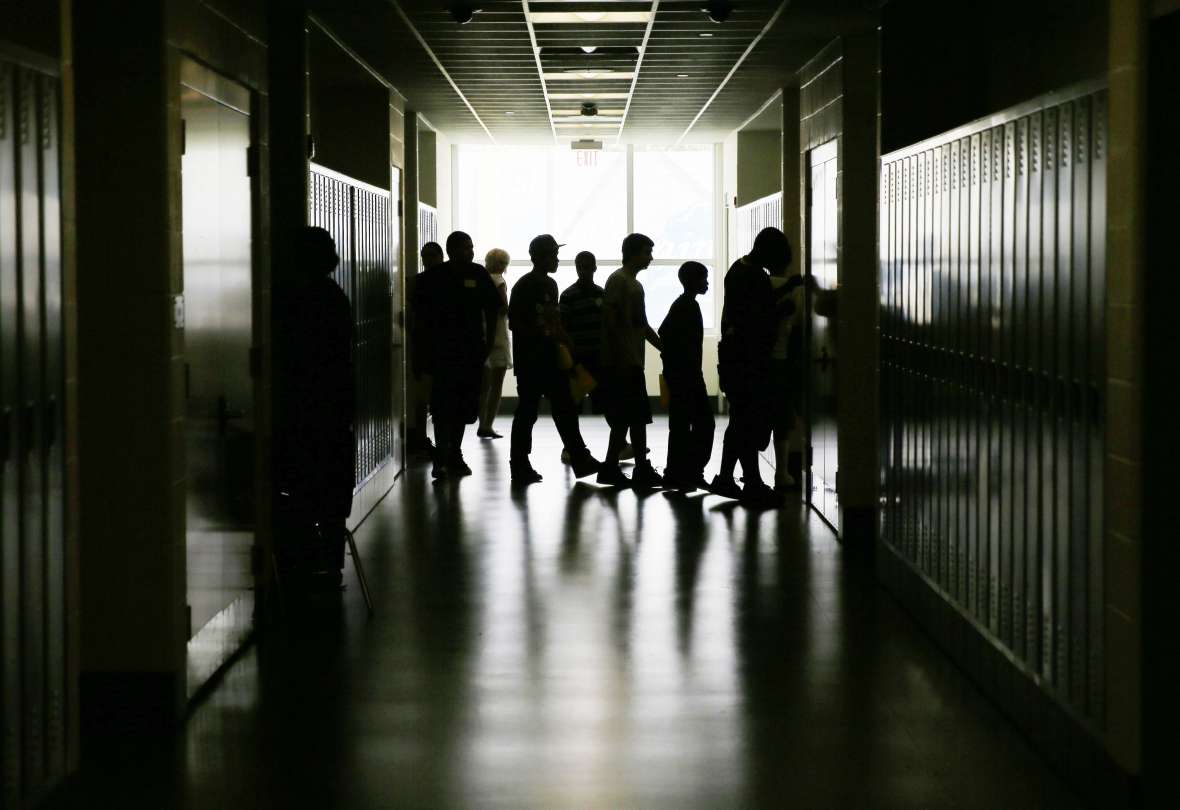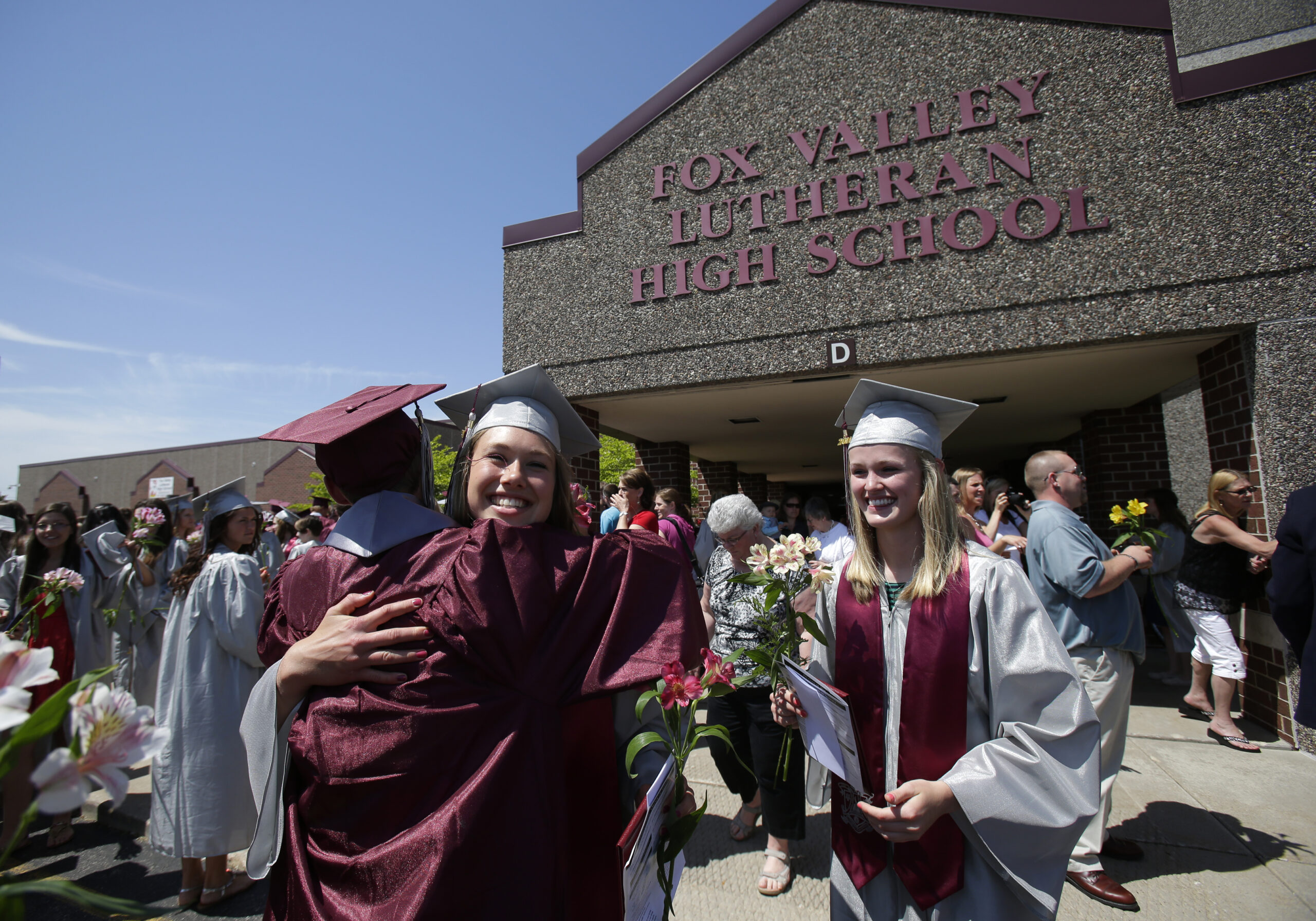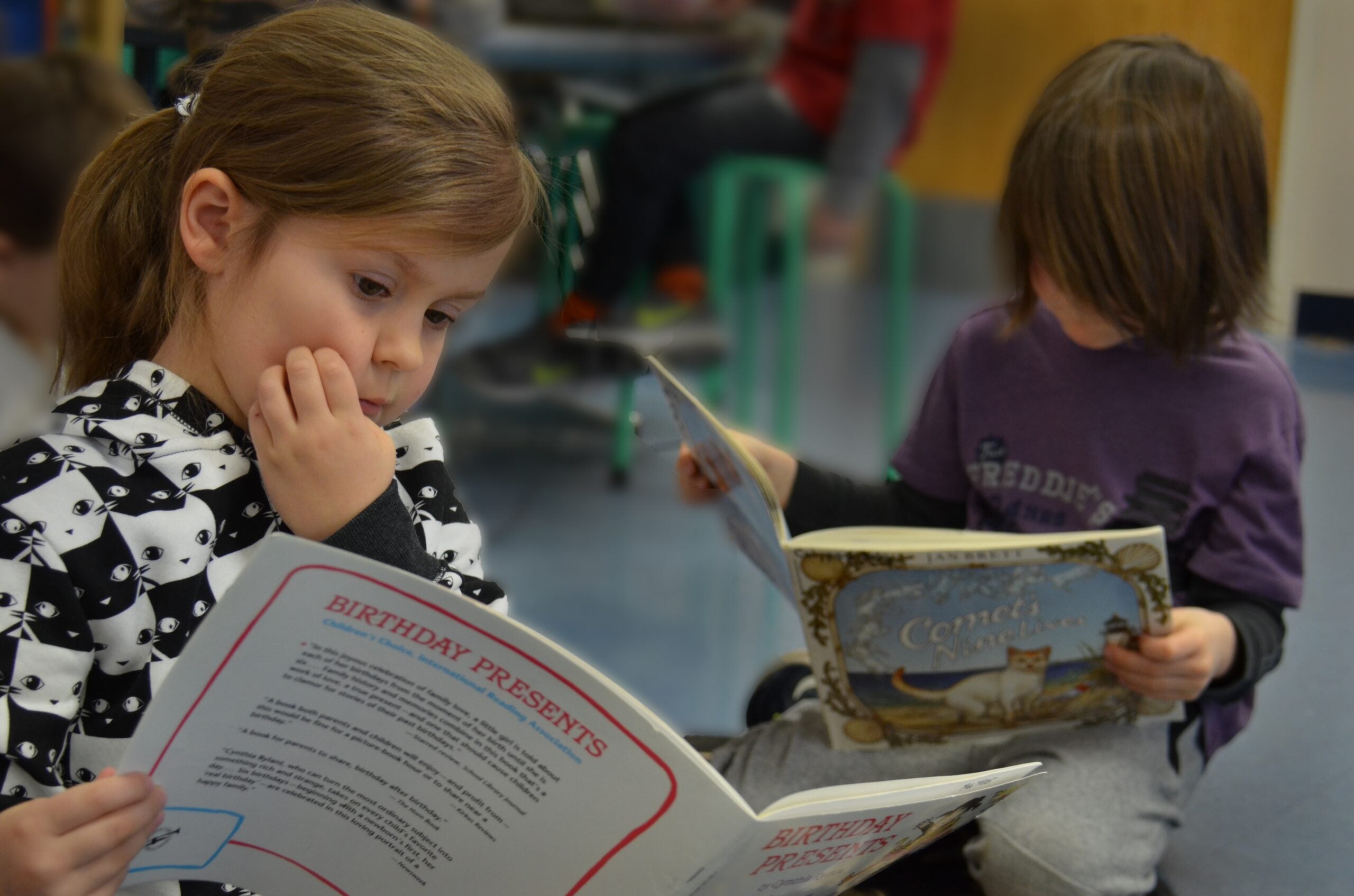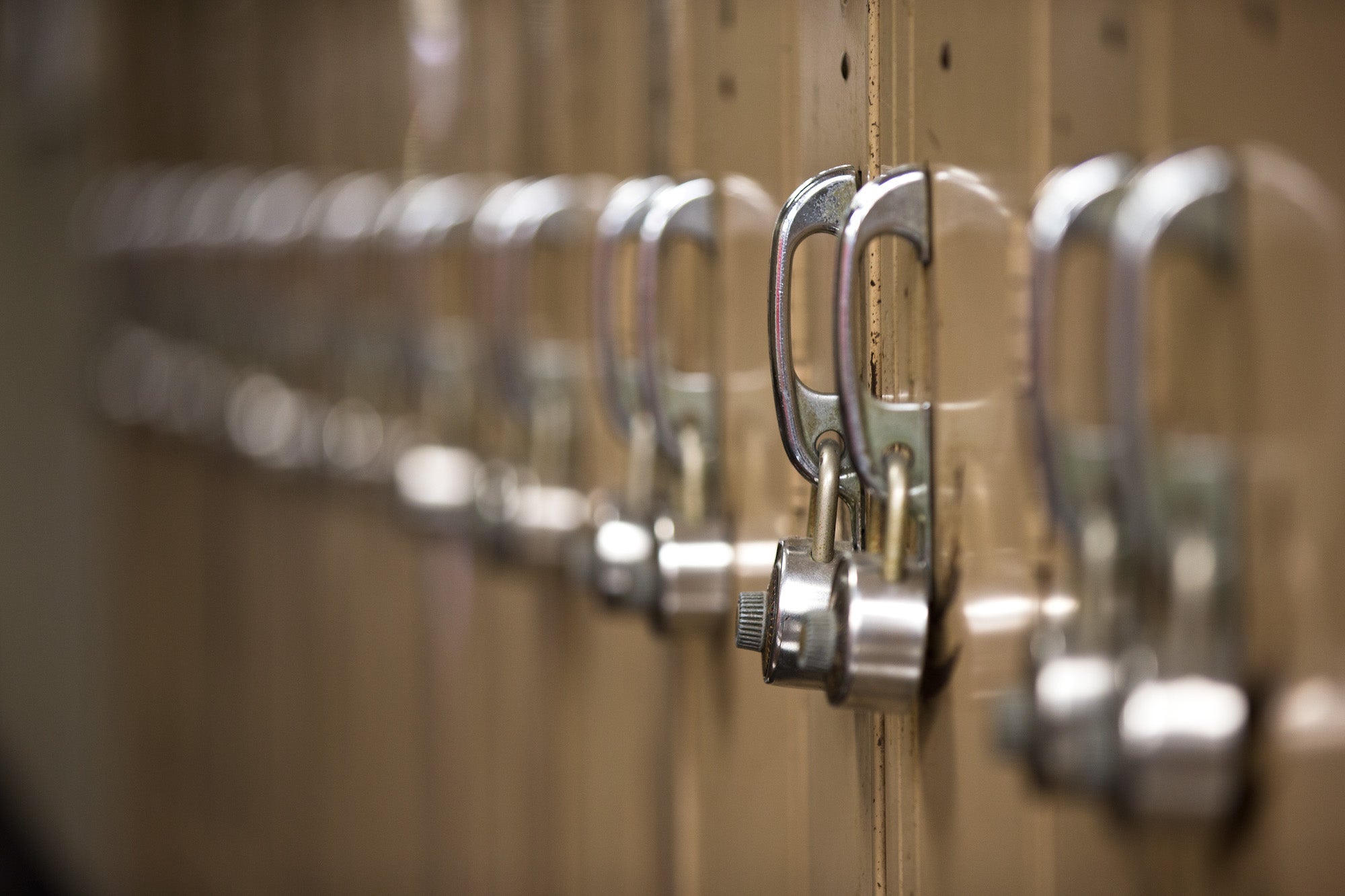Several conservative groups announced Thursday that they’re forming a coalition to work together on education issues, with a likely focus on expanding the private school voucher program.
The newly formed “Coalition for Educational Freedom” includes the American Federation for Children and School Choice Wisconsin, two groups that already focus almost exclusively on expanding access to private school vouchers. Other members include the Wisconsin Institute for Law and Liberty and Americans for Prosperity-Wisconsin.
The coalition also includes Wisconsin Manufacturers and Commerce, the state’s largest group organization. WMC lobbyist Scott Manley said businesses are unhappy with the math and reading skills of today’s high school graduates.
News with a little more humanity
WPR’s “Wisconsin Today” newsletter keeps you connected to the state you love without feeling overwhelmed. No paywall. No agenda. No corporate filter.
“We’re just not doing an adequate job of preparing kids to enter the workforce,” Manley said. “We need to do something to disrupt the system and get some improvement.”
Manley said the new coalition’s agenda would focus on lifting restrictions on Wisconsin’s private school voucher program.
“If we open up that door and allow parents to make the decision about what’s the best way to get their child educated, that’s going to force our public schools to improve,” Manley said.
Manley said the new coalition would use its collective power to focus on passing legislation, but it’s being formed two months before an election that could decide the future of education in Wisconsin.
In the race for governor, Republican Tim Michels has pledged to support “universal school choice,” a proposal GOP lawmakers tried to pass last session and Gov. Tony Evers strongly opposes.
Under current law, students aren’t eligible to participate in the Milwaukee and Racine County school voucher programs if their family income is greater than 300 percent of the federal poverty level. Under the statewide school voucher program, that income threshold is 220 percent. Under a GOP bill Evers vetoed last session, those income caps would have been eliminated.
The same bill would have lifted limits on the number of students who can participate in the statewide voucher program and required the state to reimburse up to $1,000 per student to pay for courses or education materials.
In Evers’ veto message, he chided Republicans for increasing the burden on taxpayers without adding any state funding to pay for it.
“I am vetoing this bill because I object to the drastic impact it could have on families,” Evers said at the time.
As the race for governor has picked up, Evers has made a point of highlighting public school funding, both by directing federal funds to schools and by calling for an increase in state funding if he’s reelected.
Wisconsin Public Radio, © Copyright 2025, Board of Regents of the University of Wisconsin System and Wisconsin Educational Communications Board.







